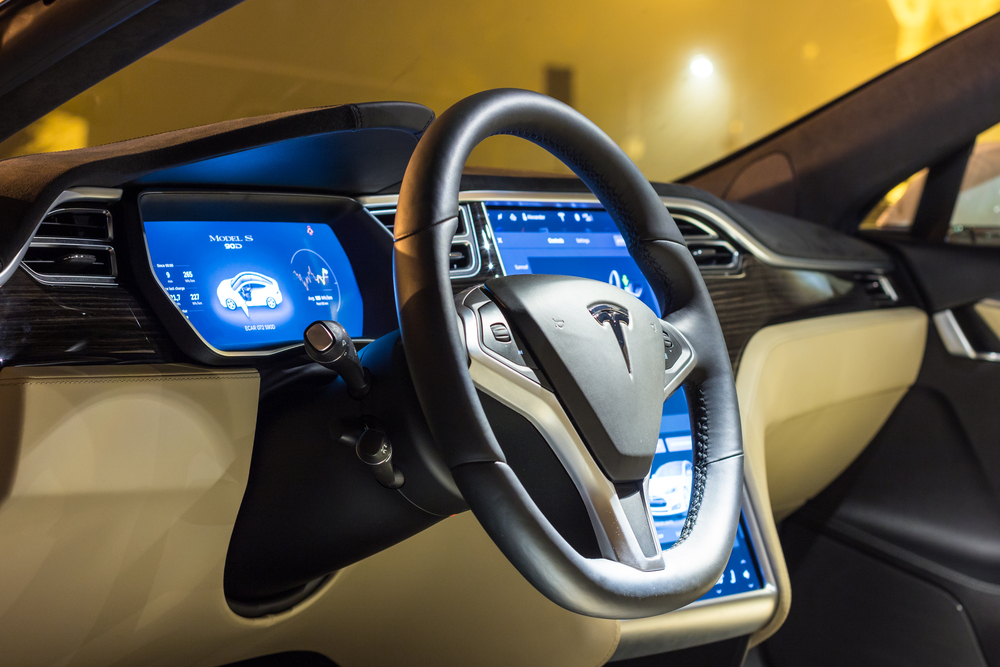Self-Driving Cars About to Become Even More Common on Florida Roads
The future has arrived—and not everyone is happy about it. After years of hard work by engineers, including many months of on-the-road beta-testing, self-driving cars are on the cusp of becoming widely available to Florida drivers. Whether or not this technology is sufficiently developed to be ready for widespread use is still up for some debate.
In October of 2016, Tesla Motors’ CEO Elon Musk announced that after that date, all cars built by the electric car manufacturer would include the hardware necessary to drive themselves. The self-driving system, referred to by Tesla as “Enhanced Autopilot,” will offer Tesla owners the ability to summon their car from the garage under the car’s own control, change lanes of traffic automatically, exit and enter highways, and have the car adjust its speed to match the current traffic conditions. Musk recently announced that necessary software updates that will enable these features will be released beginning in the next few weeks.
Florida is one of the few states in the country that has passed laws explicitly granting access to roads for cars with self-driving systems. Unfortunately, an accident earlier this year has caused some to question whether or not this is a smart policy. In May of 2016, a Tesla driver who was operating the car in self-driving mode was killed when his car collided with a semi-truck turning left in front of him. At least two other cars operating in self-driving mode have been involved in accidents during the beta-testing period. Tesla representatives now attest that, after subsequent modifications were made to the operating system, such serious or fatal car accidents would not occur with the current system.
Consumer Reports, among other voices, has made public its serious concerns with Tesla’s self-driving system. Among its chief complaints is the fact that Tesla’s marketing materials put great emphasis on the car’s ability to drive itself, and not enough on the dangers of letting attention drift away from the road for long stretches at a time. Currently, a Tesla in self-driving mode will issue an alert when it senses that a driver’s hands have not been on the wheel for over three minutes, but it will not stop the vehicle until multiple warnings have been ignored. “‘Autopilot’ can’t actually drive the car, yet it allows consumers to have their hands off the steering wheel for minutes at a time. Tesla should disable automatic steering in its cars until it updates the program to verify that the driver’s hands are on the wheel,” said Consumer Reports vice president Laura MacCleery.
If you have been hurt on the road in Florida or Alabama and need help getting the compensation you’re owed for your injuries, contact the compassionate, dedicated, and effective personal injury lawyers at Whibbs Stone Barnett Turner, PA for a consultation, at 888-219-4561, with offices in Ft. Walton Beach, Pensacola, and Fairhope, Alabama.



